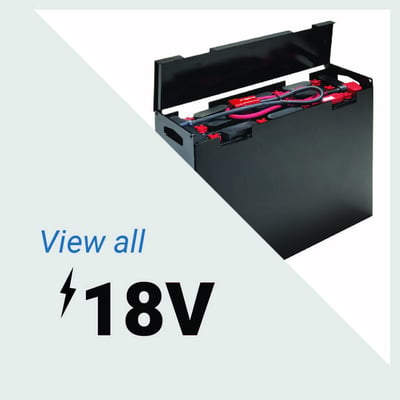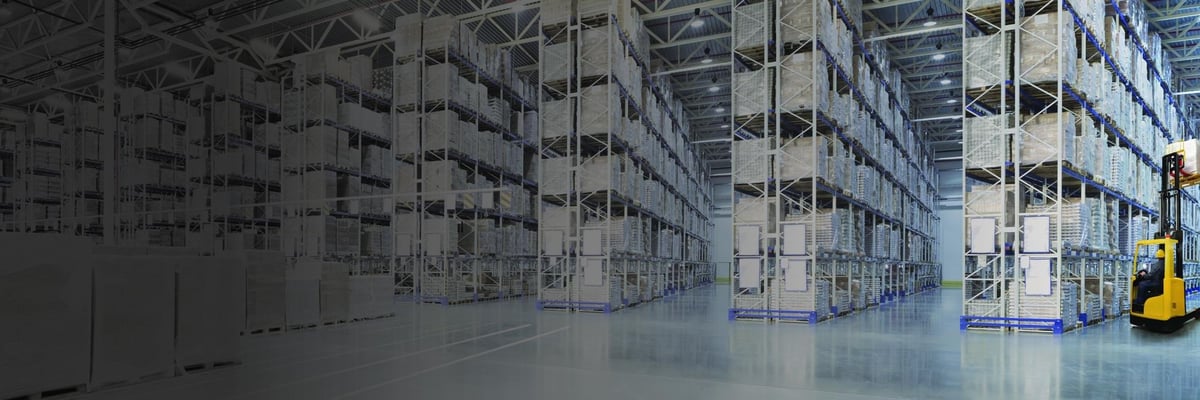
Preventing Forklift Batteries Sulfation
What is Forklift Battery Sulfation?
Sulfation is a term that often raises eyebrows, especially in the context of forklift batteries. But what exactly does it mean? In simple terms, sulfation occurs when lead sulfate crystals form on the battery's plates during the discharge cycle. This phenomenon hinders the battery’s performance and efficiency, ultimately leading to a shorter lifespan.
When you think about it, forklifts are essential in warehouse operations, transporting goods efficiently from one point to another. Thus, understanding how to maintain these machines—including their batteries—becomes paramount.
Why Is Forklift Battery Maintenance Crucial?
Maintaining your forklift batteries isn’t just about ensuring they run smoothly; it's about prolonging their life and maximizing efficiency. A well-maintained battery contributes to:
- Increased productivity
- Reduced operational costs
- Improved safety measures
Failing to properly care for forklift batteries can result in sulfation, which leads to diminished performance and costly replacements.
The Science Behind Forklift Batteries and Sulfation
To truly grasp how to prevent sulfation, we need to delve into the science behind forklift batteries. Most industrial forklifts utilize lead-acid batteries due to their reliability and power density.
Lead-Acid Battery Composition
A typical lead-acid battery consists of:
- Lead dioxide (PbO2) as the positive plate
- Sponge lead (Pb) as the negative plate
- Dilute sulfuric acid (H2SO4) as the electrolyte
During normal operation, these components interact chemically to produce electrical energy. However, when a battery is left uncharged or discharged too deeply, lead sulfate forms on both plates.
The Formation of Lead Sulfate Crystals
When a battery discharges:
How Does Hardening Affect Performance?
Once hardened, these crystals become more difficult to convert back into active material during charging cycles. This impacts both capacity and voltage output—leading to inefficiencies that can make your forklifts less effective.
Identifying Symptoms of Sulfation in Forklift Batteries
So how do you know if your forklift batteries are suffering from sulfation? Here are some signs you might notice:
1. Decreased Run Time
One of the first indicators is a noticeable decrease in the amount of time your forklift can operate before needing a recharge.
2. Slow Charging Times
If you find that your charging cycles are taking longer than usual, this could indicate sulfation affecting your battery’s ability to accept charge.
3. Swelling or Leakage
In severe cases, sulfated batteries may swell or even leak electrolyte fluid—a clear sign that something's gone awry inside.
4. Voltage Drop
Regular monitoring of voltage levels is crucial. If you're seeing dips below expected levels during operation or charging tests, it might be time for an inspection.
Preventing Forklift Batteries Sulfation
Now that we have a solid understanding of what sulfation is and how it affects our forklift batteries, let’s dive into preventive measures!
1. Regular Charging Practices
One of the most effective ways to prevent sulfation is through regular charging practices.
- Ensure forklifts are charged after every use.
- Avoid deep discharges whenever possible; aim for keeping charge levels above 50%.
2. Use Smart Chargers
Investing in smart chargers can automate much of this process:

- They sense when the battery is fully charged and switch off automatically.
- Many also offer maintenance modes that help keep batteries topped off even during long periods of inactivity.
3. Maintain Proper Water Levels
Water levels should be checked regularly since low water can accelerate sulfation processes.
- Always use distilled water when topping off.
- Ensure proper ventilation during charging—this helps with evaporation rates and overall health.
4. Temperature Control
Batteries work best at moderate temperatures:
- Avoid exposing them to extreme heat or cold.
- Ideally, store them in climate-controlled environments whenever possible.
Understanding Charge Cycles for Forklift Batteries
Charge cycles significantly impact battery health; thus understanding them is critical for preventing sulfation!
What Is a Charge Cycle?
A charge cycle refers to one complete discharge followed by a full recharge.
- For optimal performance, aim for partial rather than full discharges whenever possible.
Table: Charge Cycle Breakdown
| Discharge Level | Recommended Action | |------------------|-------------------------| | 100% - 80% | Normal operation | | 80% - 50% | Recharge soon | | Below 50% | Recharge immediately |
By adhering strictly to recommended charge practices mentioned earlier alongside recognizing charge cycle dynamics will go a long way in prolonging life expectancy!
Battery Maintenance Best Practices
Alongside preventative measures against sulfation itself lie various maintenance practices designed specifically for enhancing overall lifespan:
1. Regular Inspection Schedule
Creating an inspection schedule ensures all aspects—from physical condition down through electrolyte fluid checks—are regularly assessed!
Key Items To Inspect:
2. Cleanliness Matters!
Dirt buildup can lead not only towards corrosion but also insulated connector points resulting ultimately affecting performance negatively!
Best Cleaning Practices Include:
- Using a damp cloth (not dripping wet) with mild detergent solution while avoiding getting moisture directly on exposed terminals!
The Role of Technology in Preventing Sulfation
In today's digital age technology offers numerous tools aimed at improving our ability effectively manage forklift batteries while preventing unnecessary deterioration caused by sulphates!
Battery Management Systems (BMS) Overview
These systems monitor parameters like temperature & voltage helping ensure optimal conditions throughout usage cycles:
Benefits include:
Why Invest In A Quality BMS?
Investing upfront saves both money AND hassle later down road! Proactively managing risks associated with sulfarion translates directly toward reduced downtime costs overall translating ultimately higher ROI across fleets operating within facilities utilizing such technologies!
Environmental Impacts on Forklift Battery Life
It's important we recognize environmental factors influencing longevity & efficiency surrounding our fleet’s power source too!
Humidity Levels Matter!
High humidity environments may accelerate corrosion rates impacting both terminals & connections leading eventually towards failures unless managed appropriately via regular checks ensuring everything stays clean dry!
Tips For Managing Humidity Effects Include: 1.Fans near storage areas promoting airflow around stacked units minimizing stagnant moisture accumulation! 2.Polyethylene covers protecting equipment from external climatic influences when stored outdoors temporarily if absolutely necessary!
Forklift Battery Recycling & Disposal Procedures
Of course all good things must come end—that includes lifecycles surrounding our trusted workhorses—their respective power sources too!
When disposing old/unused units safely consider adhering strictly regulatory guidelines laid out concerning responsible recycling methods available locally ensuring minimal impact ecological footprint remains intact!
Recycling Benefits Include: 1.Avoidance hazardous waste generation potentially harmful surrounding environments! 2.Recovery precious metals/components usable new products reducing demand extraction raw materials mined elsewhere creating larger environmental footprints across globe collectively working towards sustainability goals set forth globally together as societies progress onward collectively!
FAQs About Preventing Forklift Batteries Sulfation
Q1: How often should I check my forklift batteries?
A: It's advisable to check them weekly but inspect monthly thoroughly for any signs of wear or damage.
Q2: Can I leave my forklift plugged in overnight?
A: Yes! Just ensure you're using a smart charger that has automatic shut-off features after reaching full charge capacity.
Q3: What type of water should I use for my forklift batteries?
